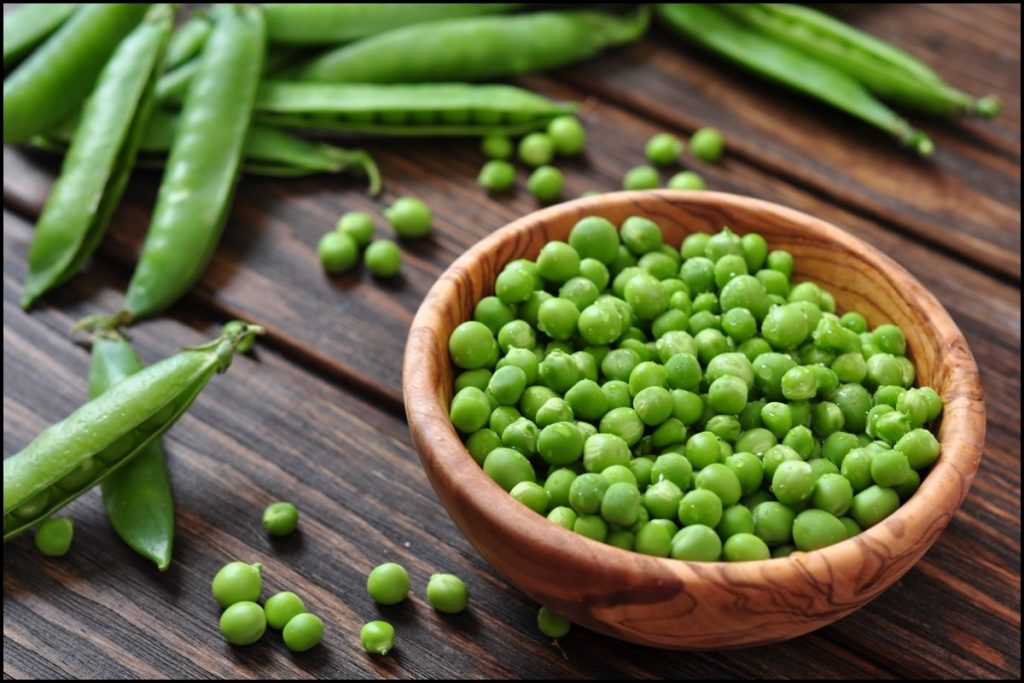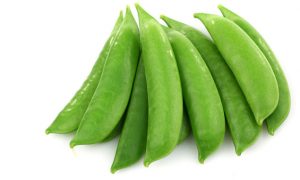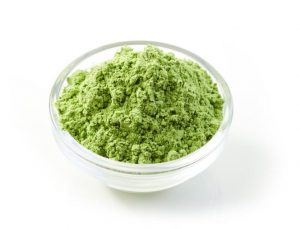
[When you have two people that are similar, we say, “Those two are just like two peas in a pod!”. I have that with my BFF and I’d like to think that a lot of the vegetables we’re talking about are also very similar to each other.
Some good examples include turmeric and ginger, which both have strong anti-inflammatory properties. Broccoli and Brussel sprouts have anti-cancer compounds in them. Look for these and other veggies that have ‘two peas in a pod’ characteristics and see how you can put them together to increase their health-giving effect.
What are Peas?
There are three main types of peas: garden peas, mangetout (snow peas) and sugarsnaps and they taste absolutely delicious!
- Garden peas have rounded pods and are the type you found in the frozen food section. They are commonly eaten as mushy peas in the UK
- Mangetout (snow) are flat and you can see shadows of the pea seeds when you hold them up to the light
- Sugarsnaps are a cross between the two, but are more similar to mangetout in sweetness and pod edibility
Under the Spotlight
- Good source of B vitamins, phosphorus, manganese, magnesium, potassium and iron
- Also a good source of protein and are used to make protein powder as an alternative to whey or casein
- Dried peas contain excellent amounts of fibre, but very little vitamins C or K
- Fresh peas are a good source of vitamins C and K (which get lost in the drying process)
- There are small amounts of oxalate, which may contribute to a particular type of kidney stone in some individuals (these individuals may still eat peas, but may want to avoid overconsumption)
Nutritional Benefits
The biggest benefit to beans is the rich source of fibre that has been shown to lower cholesterol levels and help balance blood sugar levels.
- The benefits of heart health are due to the folic acid, vitamin B6, magnesium, antioxidant as well as the fibre they supply. Vitamin B6 and folic acid have a direct effect on homocysteine levels, which are an independent risk factor for heart disease. It is possible to arrange to test your homocysteine levels, but eating peas may help keep levels low.
- When the amount of glucose (sugar) in your blood rises too rapidly after a meal it can make you aggressive, sleepy and affect your energy levels. Peas contain fibre that helps prevent glucose from rising too rapidly and may benefit those who suffer from diabetes, insulin resistance or hypoglycaemia.
Start Now!
- Keep frozen peas in your freezer during the winter months and buy fresh when available locally. Having them on hand makes it easier to include in your diet.
- Steam peas, mangetout or sugarsnaps rather than boiling them to keep their crispness and preserve those delicious nutrients.
- Add pea protein to your smoothies to help balance your energy and mood.
Recipe Challenge
Join our Recipe Challenge and make a recipe from this and the other three Veggies of the Week in this month. We’ll be choosing a recipe randomly and turning it into a video. Find out more here!
Have a look at last week’s Veggie of the Week.




